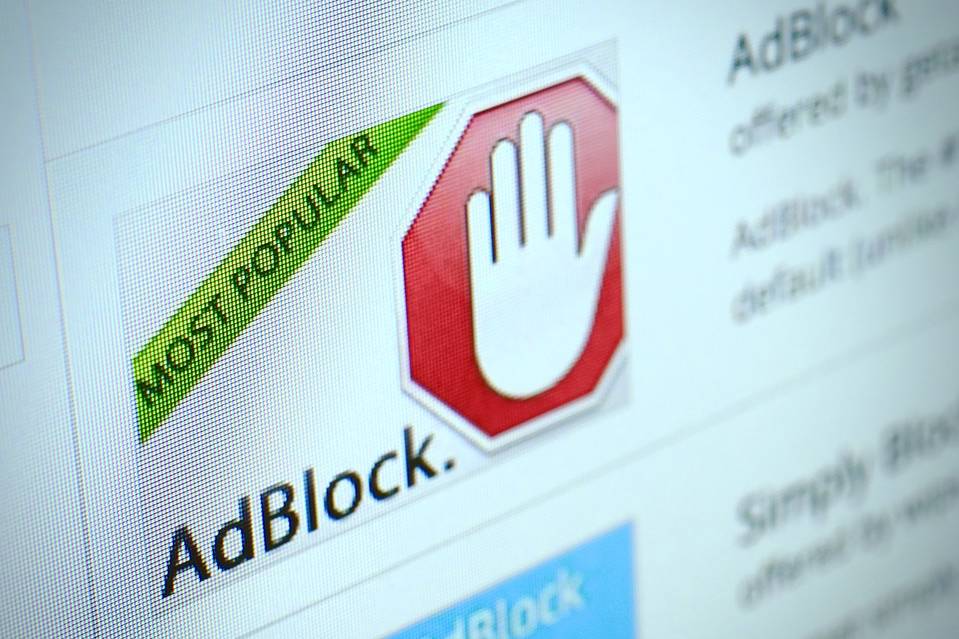The numbers are clear: there are 45 million active ad-blockers in the United States, a number which grew by 48% in 2015. This cost publishers about $22 billion in 2015 alone, according to
PageFair and Adobe.
It’s easy to see why this software is growing faster than any other software segment. After all, online advertising is (in most cases) irrelevant, repetitive, rude, intrusive, irritating, tacky, inefficient, and insulting. Yet, a benjamin survey indicates that a whopping 78% of people believe that journalists and bloggers deserve to be compensated for their work.
… and there’s the rub.
The debate is a bit like American politics: we all agree that we want a strong economy, a good national defense, and a healthy and educated population but we have wildly different ideas of how to get there. If journalists deserve compensation and alternate revenue-generators like pay-walls are deemed annoying, what do we do?
We make a better ad.
It needs to be relevant. A quick observation from my personal experience: Google is the worst at this. A few months ago, I read 3 or 4 posts about a football player who had injured his foot and would be missing a few weeks worth of games. Google took this to mean that I must be looking for a podiatrist. D’oh.
It needs to deliver value. Think about the last time that you clicked on an ad. Why did you do it? The benjamin survey I’ve been referencing didn’t offer a strong quantitative signal here but a quick gut feel says that there needs to be a clear incentive to do so. Financial incentive and exclusive access feel most obvious.
It shouldn’t be intrusive. A word to those who implement and buy pop-over or “take-over” ads: enough! It’s hard enough to get someone to come to your website or blog, so why would you impede access to the information that they came for? Imagine if a retail store advertised heavily in your local paper in an effort to generate more foot traffic only to have each person wait at the door for 5 minutes before coming in. No good publisher should welcome this kind of reader experience.
Given an ad format that follows those rules, there is less reason to install an ad-blocker. At benjamin, we’re trying our hardest to come up with something that works. Here’s our first attempt:
It’s an interactive widget rather than a flat text or image that links to a landing page. If you click the orange X you see the next item. If you see the blue $, you move on to a checkout flow.
Benjamin has been deploying these units on sports blogs over the last six months to some success. The bulk of our user feedback includes words like relevant and value to describe the experience which is validation that we’re making progress. For more information on this, the first true merchandise ad network, check out the benja network or the benjamin company blog.
Andrew Chapin is the Founder & CEO of benjamin: deals that don’t waste your time. Benjamin is constructing the first true merchandise ad network with a series of rich media online display advertisements and a series of mobile applications on iOS and Android. He is an avid skier and Boston Red Sox fan.







I use an ad blocker because of the annoying auto play ads. When I visit a site and something starts auto playing I have to figure out which ad is doing it and turn it off. But if I click on a link and travel to a new page on the site I have to turn the ads off again. If sites had a standard of what kind of ads are displayed then I’d be ok with turning off the ad blocker.